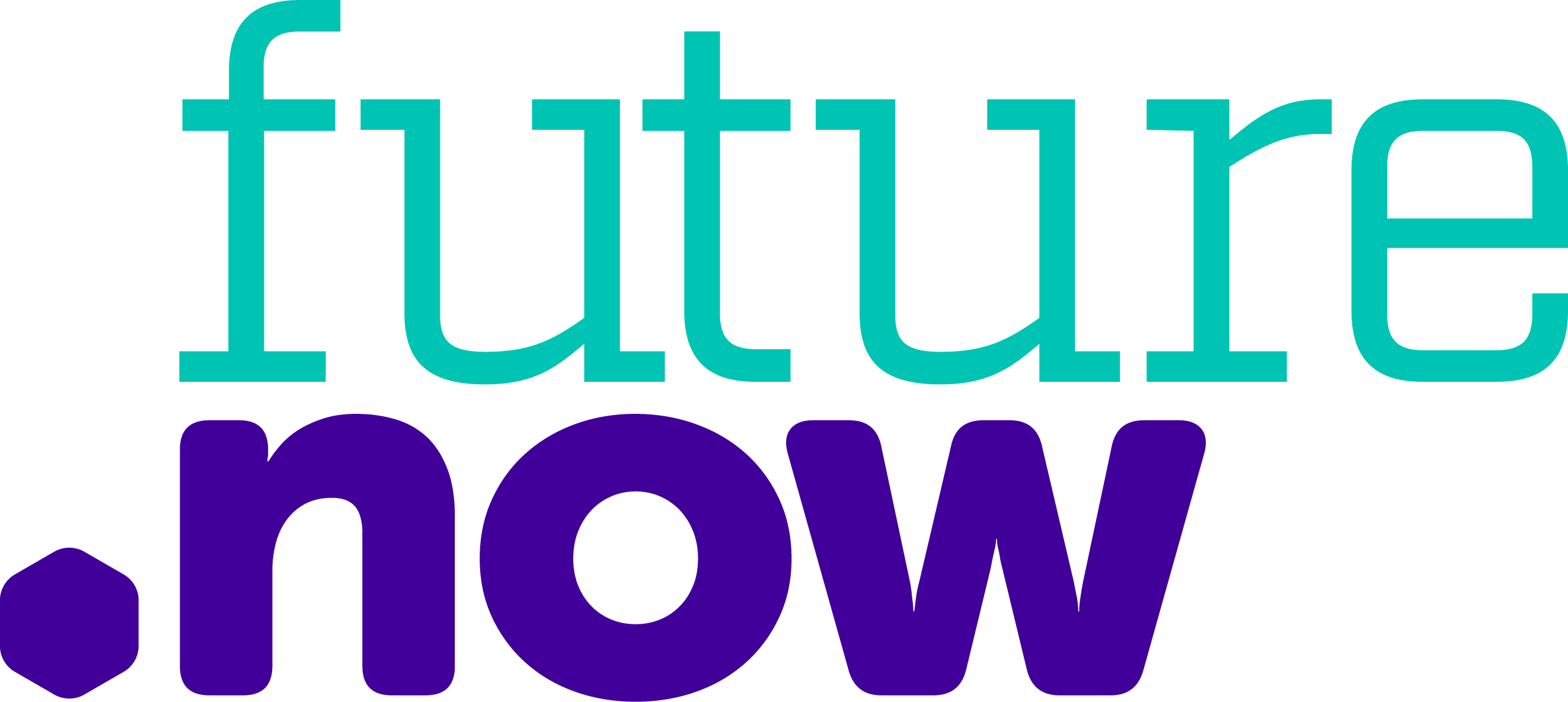There is a fundamental digital skills gap at the heart of UK business and it’s hidden in plain sight.
working-age adults
can’t complete all the digital tasks essential for today’s workplace1
%
of the labour force
are missing digital basics around safety, producitivty and more
working-age adults
cannot complete any of the essential
digital work tasks
Who is affected by the digital skills gap?

Every industry
People in all sectors have skill gaps.
Retail has the lowest levels of Essential Digital Skills – only 35% are able to do all 20 work tasks.
But no sector is immune. 27% of people working in the tech sector don’t have all 20 tasks.

Every region
No part of the country is ahead of the rest.
In almost every nation and region of the UK at least 50% of the workforce cannot complete all 20 essential digital tasks for work.

Every age group
Age is a factor but the young aren’t immune.
Over 75s have the lowest level of capability – only 19% can do all 20 tasks.
Even across 18-24 year-olds, almost half (49%) can’t do all 20 tasks.
What’s the economic impact?
£145 billion
Inadequate digital skills in the UK’s workforce risks losing £145 billion in cumulative GDP growth between 2018-20282.
£5.69 billion
UK workers who lack Essential Digital Skills are missing out on an estimated £5.69 billion in additional wages3.
What are the risks to business?

Cyber breaches
39% of businesses in the UK reported a cyber breach in 20224.
Unsafe online behaviours by employees are making business extremely vulnerable to digital threats.

Project failures
Building basic digital confidence and capability increases an individual’s capacity to adapt to new technologies.

Labour shortages
Only 35% of people not in work (but not retired) can complete all 20 work tasks, but 82% of jobs require digital skills6.
This is preventing millions from applying for and securing jobs, which could help to fill labour shortages.
Right now, the gap in Essential Digital Skills is damaging the UK’s competitiveness and productivity. It’s preventing individuals and businesses from taking full advantage of digital technology.
Something can be done. We can create a thriving, economically prosperous digital society. But it requires positive action to equip people with the essential digital basics to problem-solve; communicate and collaborate; transact confidently; and handle data securely.
- Unless otherwise stated, all statistics are from the Lloyds Bank UK Consumer Digital Index Report 2023.
- It’s Learning. Just Not As We Know It: How to Accelerate Skills Acquisition in the Age of Intelligent Technologies., Accenture, 2022.
- ‘Get Online Week: Digital skills shortage costs the UK economy’, Virgin O2 and Cebr, 2022.
- Cyber Security Breaches Survey 2021, Department for Digital, Culture, Media and Sport, March 2021.
- How will the power of your people drive your digital transformation?, PwC UK, August 2020.
- No Longer Optional: Employer Demand for Digital Skills, Department for Digital, Culture, Media and Sport, June 2019.
